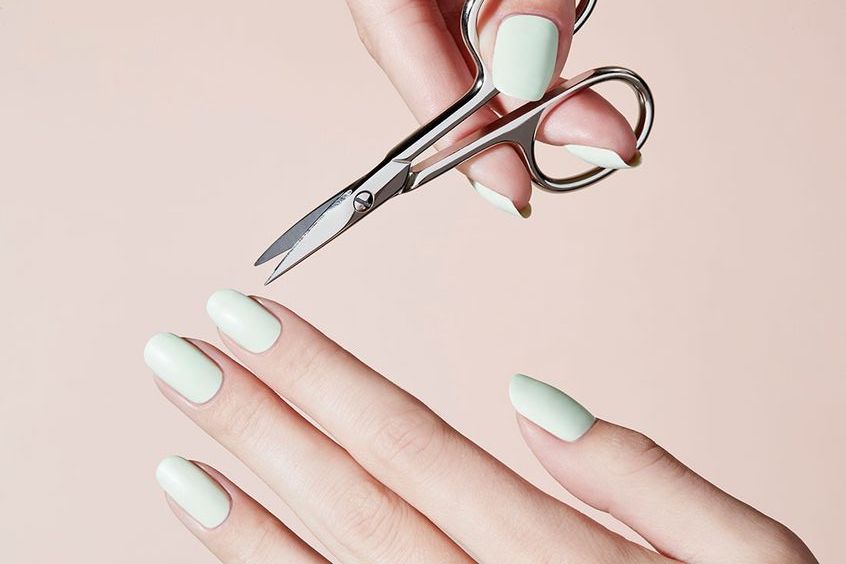Why wearing your hair up is the safest way to avoid coronavirus – and other beauty tips.
There’s a plethora of information circling the web on coronavirus, but what do dermatologists recommend?
People all over the world are offering advice on how to protect against coronavirus, and it is difficult to know the facts on what practical tips actually does help prevent it. Dr Soma, a London doctor specialising in dermatology and New York City dermatologist Joshua Zeichner give their tips on easy changes you can make to your beauty routine to prevent catching the virus.
- Use thin moisturisers
The combination of winter approaching and dryness due to increased hand washing, it is tempting to layer on moisturiser. If you are heading out of your house, you will want to rethink this.
Thick moisturiser is sticky, so virus particles on surfaces or in the air that you contact will stick right to you. Dr Soma’s advice is to save the thick moisturisers for use at night and use thinner moisturisers for daily use.

2. Keep nails short
Long nails are more likely to get pathogens and bacteria stuck underneath them, so keep them short and hygienic.
Zeichner promotes now as the perfect time to kick that nail-biting habit, as putting your nails near or in your mouth is the easiest way to transfer the virus from your surroundings to you. Dr Soma suggests avoiding colour polish for a visual cue when dirt is there to wash your hands.

3. Keep your hair up
Wearing your hair up and away from your face will reduce the need for you to touch your face and hair, which reduces the risk of contracting the virus. Your new fringe may look great, but if you find yourself constantly adjusting it, consider wearing a head band or styling it away from your face with clips.

4. Wash your hands
Use a soap that contains alcohol and wash thoroughly for 20 seconds to activate the soap’S chemicals which will destroy the virus. You can even recite the alphabet or Lizzo’s Truth Hurts or Julia Gillard’s misogyny speech. Zeichner recommends using a moisturiser or hand cream at home to minimise dryness and irritation.

5. Clean your phone
The average person picks up their phone almost 60 times a day, which is a lot of potential virus transfers. Phones touch everything from your face to a shop counter to other people’s possibly contaminated hands. Dr Soma advises using an alcohol wipe or hand sanitiser to clean your phone twice a day and after each time you go out.





















